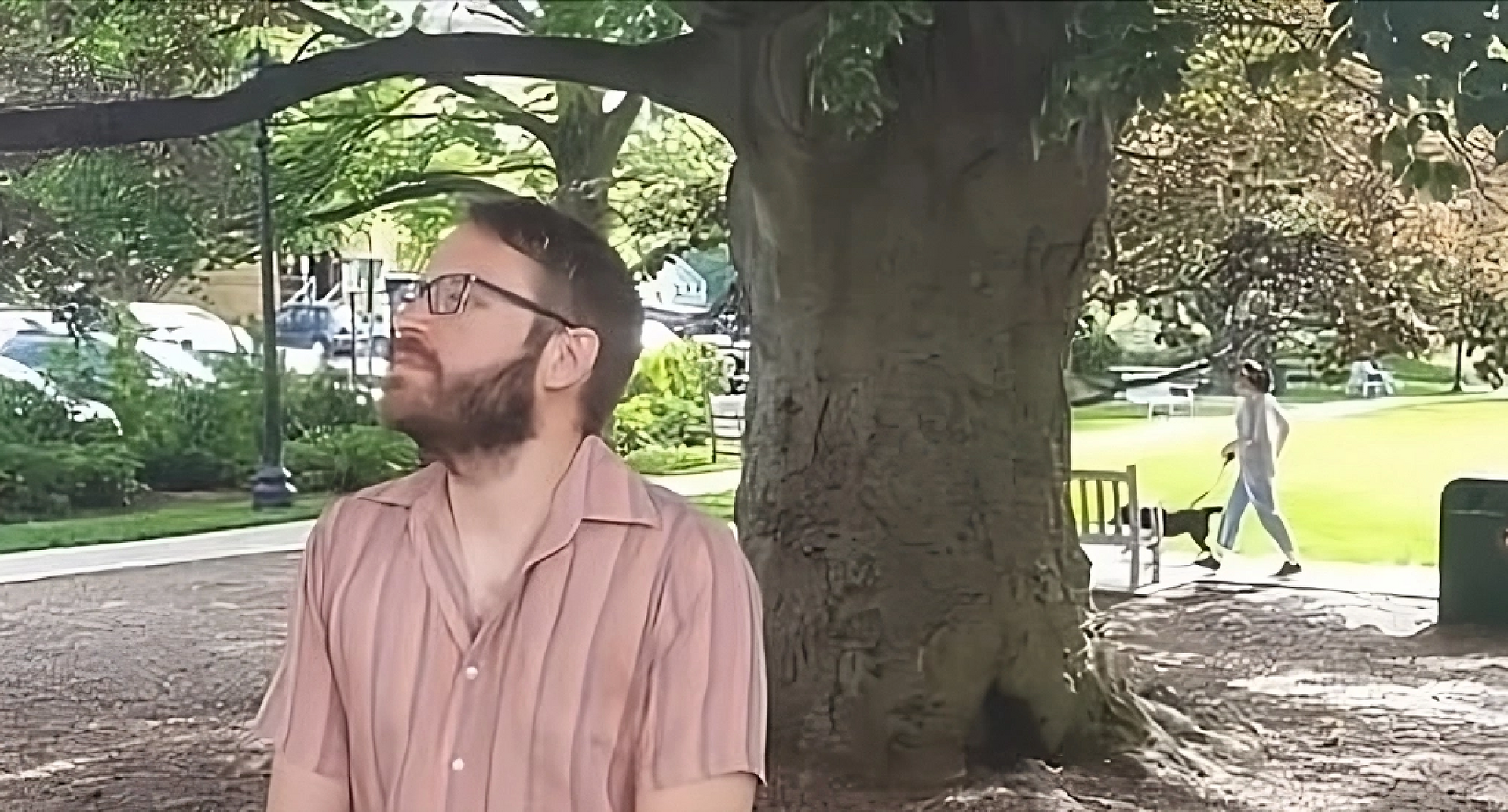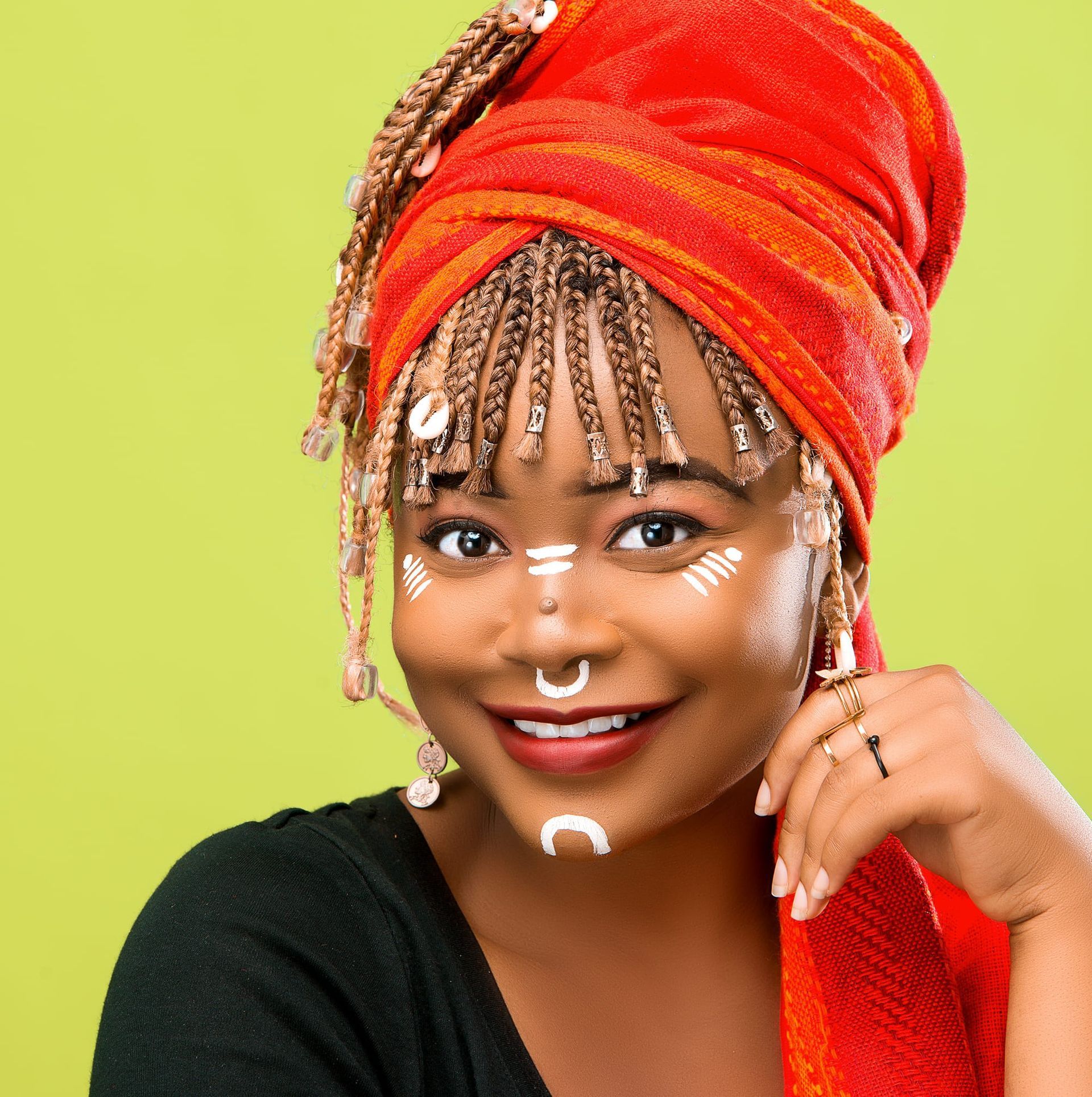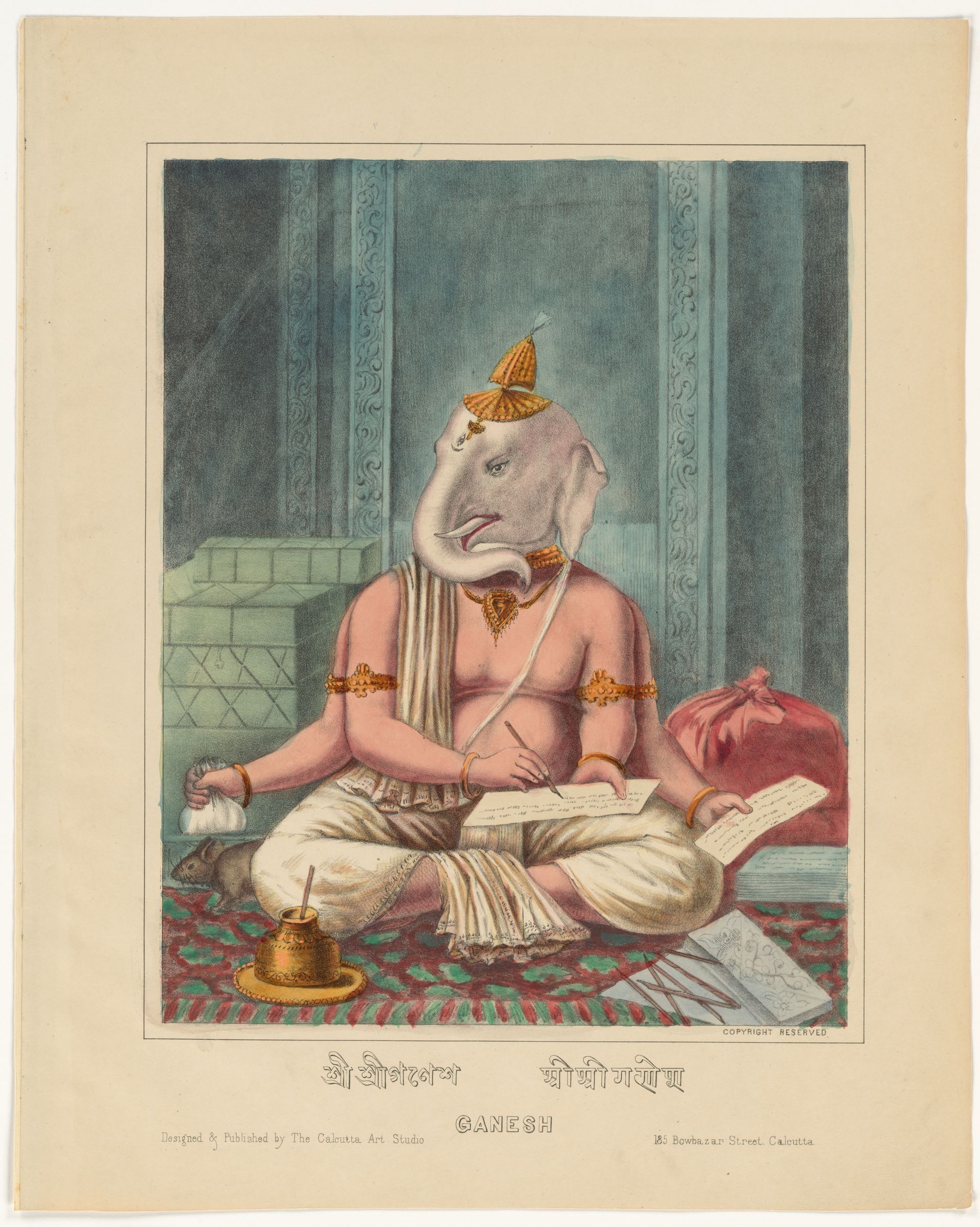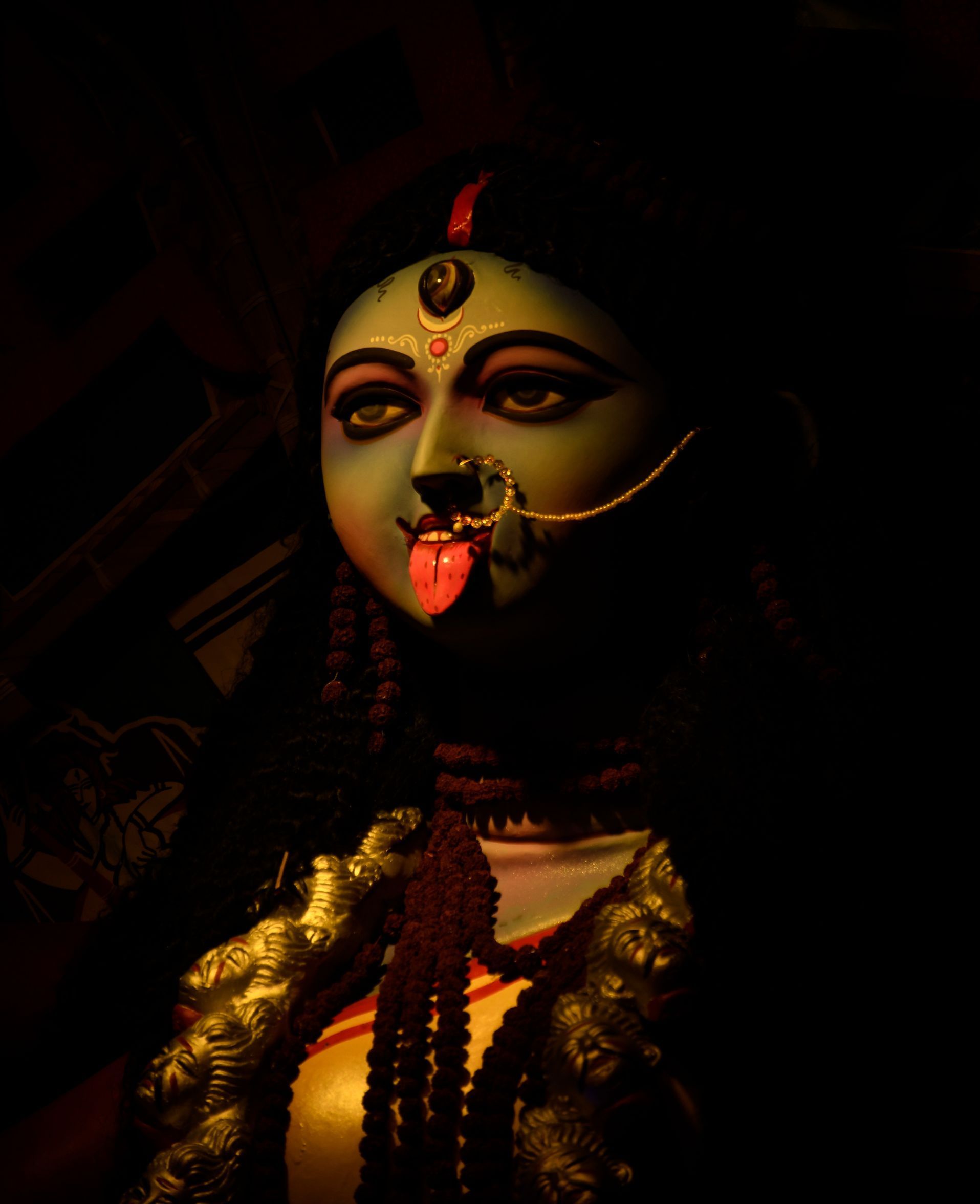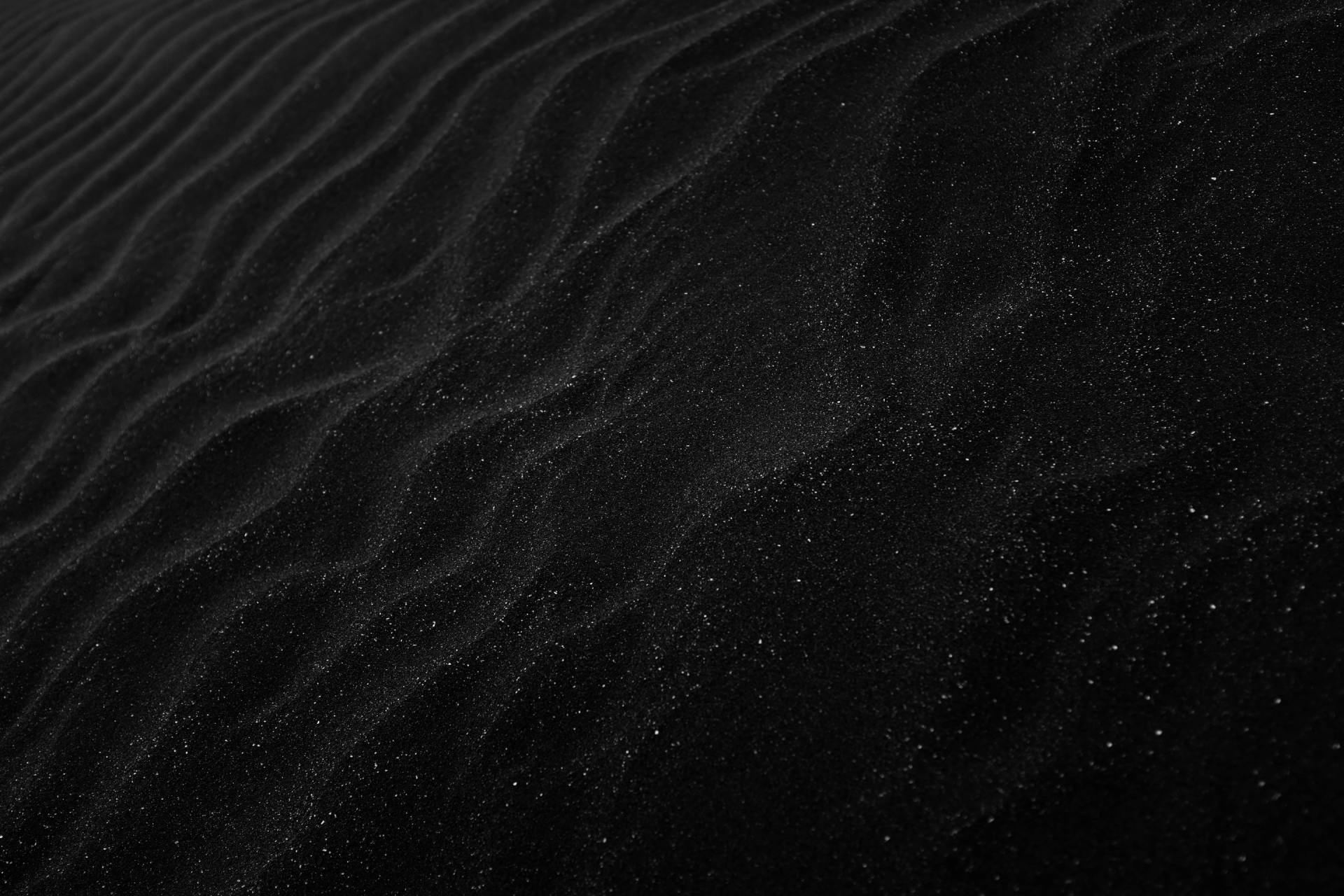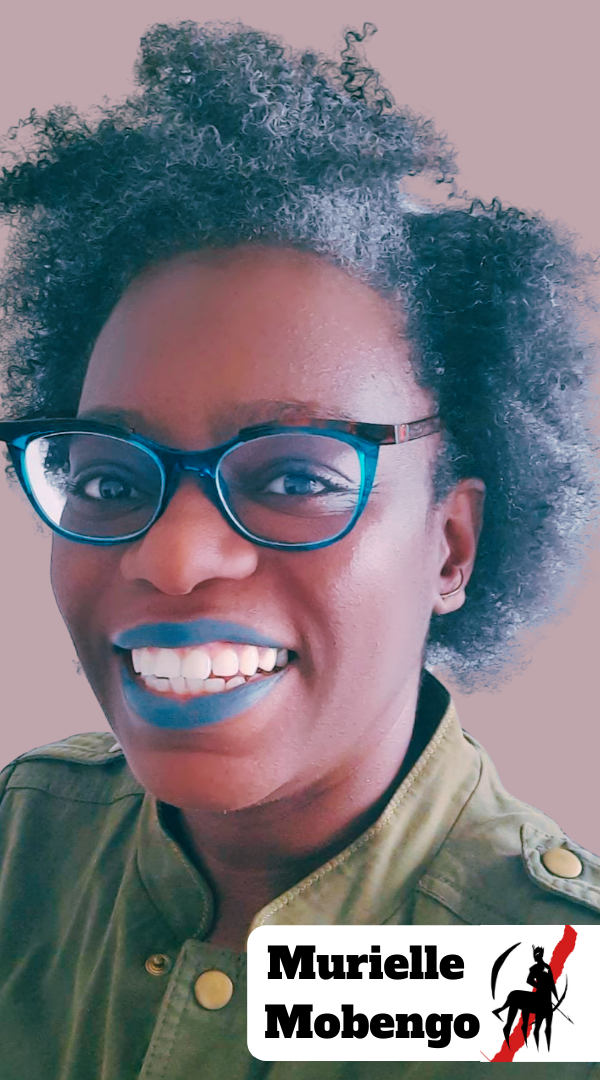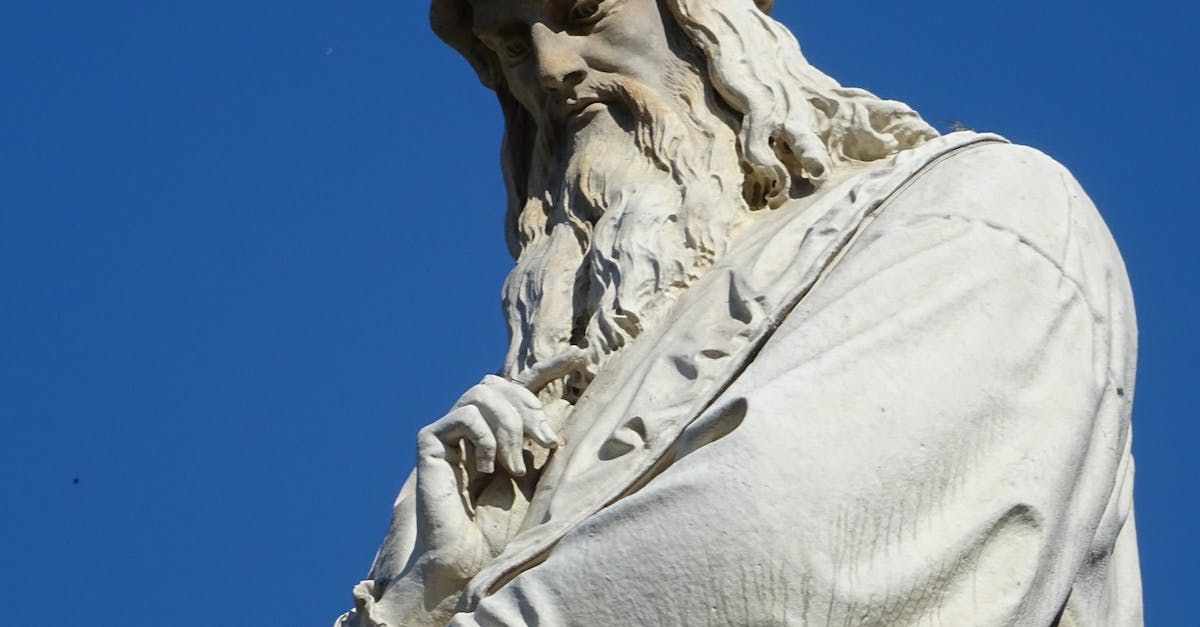METANOÏA | Drama Over Beauty
METANOIA
Researching famous and non famous poets and artists for my next book made me realize one thing. Until the Renaissance, poets and artists in the West were guided by a quest for knowledge. Now, they love drama.
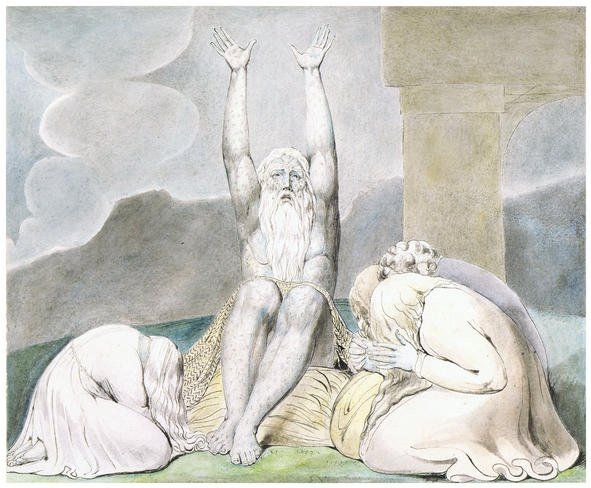
Job's Despair - Illustrations to the Book of Job, William Blake, 1805-1827 - Source: Blake Archive
Curiosity and drama yield different results in a creator's life. The first one drives the creator away from their personal history, identity, and neuroses. The second one gets the creator closer to them.
Like most people on this planet, I thought what determined whether a poet-artist will thrive or strive was fate, or mysterious forces they were subjected to and ignored.
False. False. False. Preferences determine how we live our lives, not fate, although your preferences will determine your fate.
Reverse causation
Reverse causation is a habit in humans. Here's an example drawn from my life.
I created Revue {R} during the first lock down of the current pandemic, my way of dealing with the menace, I guess. While humans were choking to death, I found solace in beautifying. Chacun son truc, as we say in French. One of the effects of that is I became a recluse. Not interested in going out anymore, busy researching, writing, and designing the review's -beautiful-website.
After I received my first shot of the vaccine, I realized I could go back and venture in the world a bit more. So I would go for walks two to three times a week. One day, my husband told me: Sweetie, each time you go out, it rains ! A classic case of reverse causation. Acting it out would have been terribly wrong. Picture me trying to control the weather, appease angry meteorology with rituals, or fear the outer, aggravating my reclusive tendencies.
My husband is a scientist. He analyzes reverse causation and other biases in reasoning for a living and was picking on me. The truth is, I (still) prefer going out a few times a week and in the summer, showers happen more often. Also, I am going to let you in on a little secret: I love walking under the rain.
Because I love rain (cause 1), and we were in the summer, my favorite season (cause 2), I am more likely to be outside when it rains.
Your preferences shape your life. Destiny is how they manifest and culminate.
Contemporary art and poetry: a landfill of preferences
As an editor-in-chief of poetry-art, I am well aware of the causation between the state of contemporary art and poetry and what poets and artists prefer. I receive their submissions and witness them sharing their work in reading circles. What they let out in the world is emotional, cryptic, immanent, chaotic. Poets and artists are not cursed. They just love the drama.
What's exceptional in poets and artists is their capacity to focus on suffering and derive a sense of self from the pain in their lives. They seek more darkness because introspection is focus, fascination, entropy, attraction. So, the introspected object becomes food for the soul and fuels their creative practices.
Now depression, abuse, and anger overpower you, the poet-artist, not because they are necessary, almighty or otherworldly but because by letting them in, they become part of your existential makeup, thereby dictating your creative process.
Here you are, associating destruction with creation, a foul case of reverse causation. Because people who consume culture can only validate what poets and artists feed them, your errors will get you recognition. Think of non-creators as children you've been feeding unsavory and rotten dishes throughout their lives. By preferring what's putrid, you influence their preferences, too.
So, now the world is caught up in drama and poetry-art is all about tales of your personal misery, often located in the lower side of your body. A net of followers and fans and readers and gallerists and impresarios and publishers who love your potential for destruction trap you in a solid causation channel, making sure you deliver.
I won't mention the teenagers and aspirant poets and artists looking up to you, believing the chaotic life is the creative's life. Chaos is sexy on paper (or screen) only to insane or unhealthy minds. The paper won't last. Neither will your life.
Chaos or Harmony.
Drama or Beauty.
Imbalance or Balance.
Ignorance or Knowledge.
Destruction or Creation.
Suffering or Peace.
Death or Life?
If you are not sure about what you prefer, consider your life. Do pleasure and pain compete to dominate your existence? Is your life about getting constant relief? Or maybe you'll do anything for people's attention, using carnal passion and all manners of conflicts. If you have been going on like this for years and years and years and years and years, and writing and painting about it, you prefer chaos.
In
Samkhya philosophy, causes are "evolvents," building blocks of nature which produce other causes and effects. Evolvents also produce evolutes, which are barren.
Chaos is an evolvent, a super cause which brings forth evolutes or effects. Evolutes do not yield anything. In other words, they intensify or terminate causality. So, chaos either reinforces or ends chaos.
Harmony, another word for the quest for Knowledge or preservation, is also an evolvent and will function the same: increase or complete harmony. Imbalance and balance result in different outcomes. One destroys, the other creates. One jeopardizes, the other invigorates, creates and preserves. What you've been told about destruction breeding creation is not only false but treacherous.
I created the
Polymath program
because at some point in my life, I became aware of my own biases, destructive preferences and erroneous sense of self. In solitude, I confronted them with courage, awkwardness, and was humble enough to accept help. I sought Preservation over destruction, Knowledge over ignorance, Harmony over chaos. Doing the work transformed me and I am grateful beyond words. So, I thought, why not give back what I have learned?
But after three years, I realized poets are not a homogeneous group. Their existential and artistic paths are different and a lot of them still chase chaos in one form or another.
If you came up so far in your reading, thank you. Your intellectual persistence may be a sign you are done preferring chaos. If you are not done with chaos yet, you'll go back to it. A few words on paper written by a 45-year-old experienced poet won't change your passion for unrest and self-mortification. Contrary to the dominant belief, planet Earth is the realm of freedom. We are so free we can choose to hurt ourselves repeatedly.
So, you'll keep spewing anger, lust, and self-loathing in sound or images. People in your causal network will label this poetry-art (or genius) and reward you with "community," and exhibitions and zoom readings, and non-judgement, and flattering rhetoric, and prizes, and money, and orgasms.
Until those same people find your drama boring, your body weary and your soul dull. Until you are left with nothing but bitterness, loneliness, and more anger.
Until Mother Earth takes back your freedom and ceases to count your breaths.
Murielle Mobengo is Editor-in-chief, founder of {R} and author of The Poetical Manifesto: How fame kills creativity. She inquires poetic existence, the origins of Poetry, and its proximity with Art, Mythology, and Philosophy. She composes in English, French, German, and has a fondness for Western ancient languages & Sanskrit. Murielle is working on her second poetry collection, two documentaries, and a book on poetic and artistic maturity. She is the blessed mother of two multitalented artists. She founded a unique counseling practice in leadership development for poets and artists.
Comment this article!
One rule: Be courteous and relevant. Thank you!
Get The Poetical Manifesto from Barnes & Noble or Amazon
Revue {R}évolution
